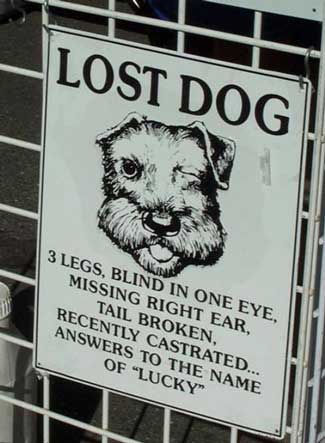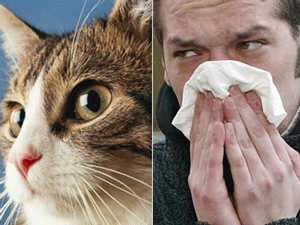
(NewsUSA) – Owning a pet comes with a lot of benefits — but caring for a pet can also have an unwelcome impact on your budget. According to the ASPCA, owning a dog or cat can cost up to $1,000 in the first year, and many people end up spending much more. The good news is, you can cut your pet care expenses without compromising your pet’s health and wellbeing. Here are a few tips to save money on pet care:
1. Don’t skip the vet.
If you’re trying to save money, it can be tempting to cut back on veterinary visits. But, according to Julie Ciarmella of the American Veterinary Medicine Association, “an investment in preventive healthcare can reduce your long-term pet healthcare costs.” Why? Because regular check-ups can prevent expensive complications down the road.
2. Get by with a little help from your friends.
Dog-walking, pet-sitting and kennel services can be one of the most expensive aspects of owning a pet. You can save money by taking the “you scratch my dog’s back, I’ll scratch your cat’s chin” approach and tapping into a network of other pet owners in your area. Neighborhood dog parks are great places to meet like-minded pet lovers; or you could try good old fashioned advertising.
3. Choose high-quality pet products that give you more value for your money.
Reaching for the cheapest product can feel like a thrifty move, but you may be surprised by the impact “cheap” products can have on your budget. For example, cheaper clay cat litter needs to be changed more often —
In the end, remember that what your pet needs most is love. Keep things simple and invest in high-value products where it matters, and you’ll be on your way to a pet-care budget that works for you.
Help keep this blog going
Email John J. ODell Broker
For all your real estate needs
RE 00669941













